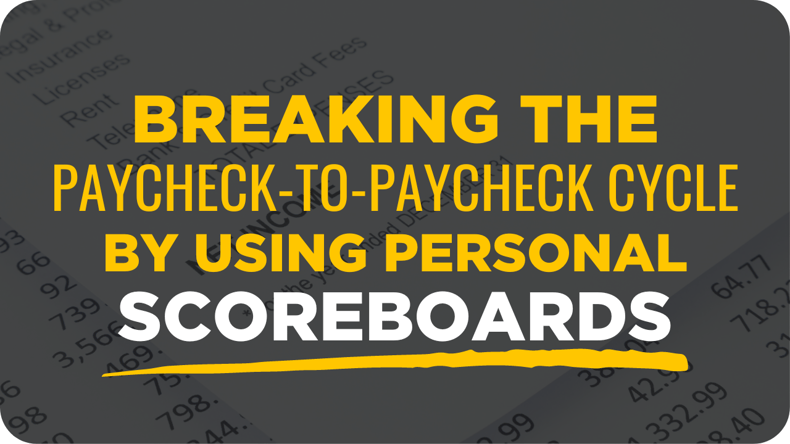
Marketing strategies to build your business brand.
Building a business image is not something invented by a public relations firm: It’s a reflection of what you do and how you do it. Running a top-notch company and spreading the word about it are both essential components of marketing your brand. Every business move carries a marketing message.
Most individuals envision a brilliant advertisement when they consider spreading the word about their business. But among the most costly and ineffective types of marketing is advertising. Why, after all, broadcast your message to a large portion of the indifferent public when you can speak directly to those who have already shown an interest in what you do by building a strong referral system?
Check out this list of strategies to start learning how to properly promote your company:
1. Improve its appearance. Whether your business has a store front, a brochure, or a website, making a great, credible physical image pulls customers in and provides confidence to your enterprise. You should tailor your appearance to the kind of business you run. The office of an accountant should be elegantly furnished and well-organized. A dog groomer might decide on a fanciful layout with vibrant colors and entertaining wall art.
2. Make a website. An easy-to-use website may do wonders for your business by attracting customers or providing them with further information about who you are and what you do. Make sure to give your website a professional appearance and feel that fits your company, and be careful to optimize it for search engines.
3. Create pricing that is clear and simple to grasp. You’d be shocked at how many companies hide their prices from clients by employing a complex pricing structure. Particularly if you own a service-based organization, streamline and be transparent with your pricing. What prices might your clients anticipate paying for particular services? A price list is frequently a wise idea.
4. Encourage personal recommendations. Personal referrals are the best approach to attract new clients. Why? Because it’s free and virtually nothing is as effective as a recommendation from a friend or family member. Alternately, you may think about rewarding repeat business. For instance, a hairstylist would offer a client who recommended a friend a discount of half off her subsequent trim.
5. Uphold positive working relationships. Your workforce may be a valuable resource for your marketing plan. Employees that take pride in their work and support your company will not only show, wear, or utilize your products or services, but they will also tell their friends and relatives about you. If you treat them well, they might serve as the cornerstone of your personal recommendation’s web.
6. Use the press. Getting some PR is always beneficial, and you don’t have to pay a high fee to have it done. You can compose a straightforward press release and send it to regional magazines if you can think of a newsworthy perspective for your company (such as your grand opening, your “story,” what you offer that’s unique, etc.).
7. Perform a referral trade. Set up an exchange if you frequently refer clients to a linked business or if a business frequently sends clients your way. Place flyers or cards in the store or office of the other business and showcase their marketing collateral within your own. Examples of effective referral partnerships include those between financial advisors and tax preparers, dentists and orthodontists, and chiropractors and massage therapists.
8. List creatively and widely. In contrast to advertising, listing your business is typically inexpensive or free, and it’s a terrific approach to attract customers. Make sure to include your business in locations that are both obvious—like the Yellow Pages and the Chamber of Commerce—and obscure. Does your city, for instance, have a website where parents can recommend services for their kids? Exists a directory of companies in your community that follow ethical social and environmental practices. As many lists as you can, join.
9. Keep a database of customers. A client that has previously used your business is likely to do so again (assuming that the customer had a good experience). It is significantly less expensive to maintain an existing client database for mailing or emailing promotions to than to create a new one. Keep a database with the contact details of your clients and ask them if they would like to receive special offers by mail. When a direct mail campaign is directed at current clients who have opted into the mailing list, it is much more successful.
10. Design a marketing strategy. A comprehensive plan should include your mission statement, market and competitive analysis, marketing goals, and marketing strategy. How do you plan to promote your company? Will you make use of a referral system? a webpage? publicize news releases? Set clear performance targets, describe your marketing budget, and decide how and when you’ll achieve them. To keep tabs on your progress, return frequently.






More Stories
Tools To Help You Develop an Awesome Local SEO Strategy
5 Ways to Manage Your Personal and Professional Skills
How to Buy FASTag and Recharge Online?